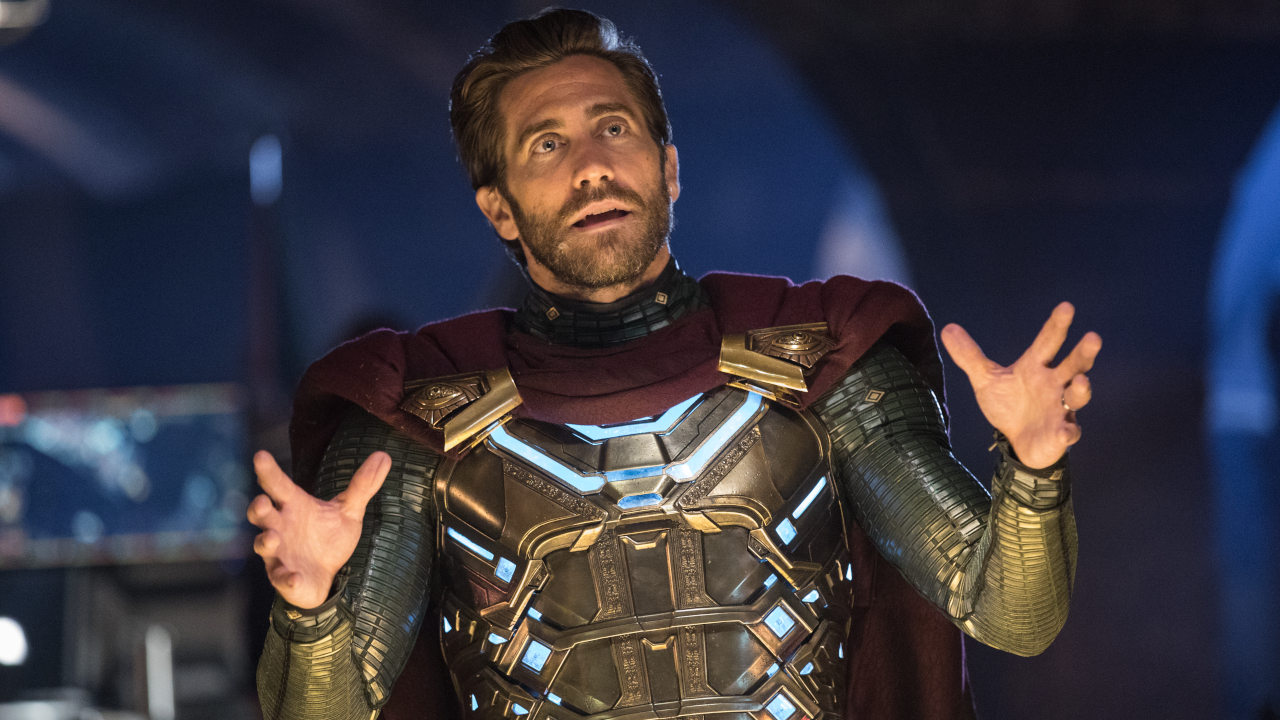As one of the few genuine auteurs of the classic Hollywood era, Alfred Hitchcock is a director who you can really understand best in his movies. All you need to know about the man who made both To Catch A Thief and Vertigo is right there on the screen, with the innovative camera movement, the obsessions with blondes and deceit, the dark humor and occasional self-indulgence.
But because he's an iconic figure, and because Hollywood never tires of revisiting its own history, we have Hitchcock, a light-hearted biopic that's ostensibly about the making of one of Hitchcock's darkest films (Psycho) but mostly digs into the marriage between Hitchcock (Anthony Hopkins in mighty prosthetics) and Alma Reville (Helen Mirren in an unflattering wig). The relationship between the Hitchcocks was undeniably crucial to the work he made, and Alma's skill as an editor and storyteller is celebrated intermittently throughout Hitchcock. But just as Hitchcock himself didn't seem to care much for traditional love stories in his films, the lingering spark between Hitch and Alma is by far the least interesting one this movie could have told-- and it's the one we're stuck with for this dull, surface-level biopic.
Sure, there are great old Hollywood details lurking around the edges, from Michael Stuhlbarg's performance as powerhouse agent Lew Wasserman to Hitchcock's meetings with the censorship board, trying to convince them to let him get away with Psycho's infamous shower scene. Scarlett Johansson and Jessica Biel are just fine as starlets Janet Leigh and Vera Miles, respectively, and James D'arcy perfectly embodies Anthony Perkins's twitchy discomfort, though screenwriter John J. McLaughlin draws what feels like an unfair parallel between Perkins and Psycho's Norman Bates. None of the scenes that take place on the Psycho set are especially insightful, but they at least get into the work that made Hitchcock famous, and allow you live inside what even Hitchcock director Sacha Gervasi would probably call the better movie.
It's a serious credit to Helen Mirren that Alma feels like an important character at all, and it's the quiet moments of discord and contempt between the Hitchcocks that give the marriage weight, not the shouting matches that will make up would-be Oscar clip reels. But when we follow Alma through her screenwriting partnership with Whitfield Cook (Danny Huston), or on a truly inexplicable trip to buy a bathing suit, it feels like an unwanted digression. Private moments with Hitch himself are rarely much better; Hopkins does well with the mimicry but seems overly attached to the larger-than-life version of Hitchcock who always existed in the media, and the script's attempts to dig into his psyche-- like imagined conversations with the killer who inspired Psycho-- stumble badly.
Between this film and HBO's The Girl, we've now got two movies in a row that attempt and fail to dig deeply into the master filmmaker who so successfully got under our skin. Maybe it's time to admit that, as always, Hitchcock is still one step ahead of us.
Staff Writer at CinemaBlend












